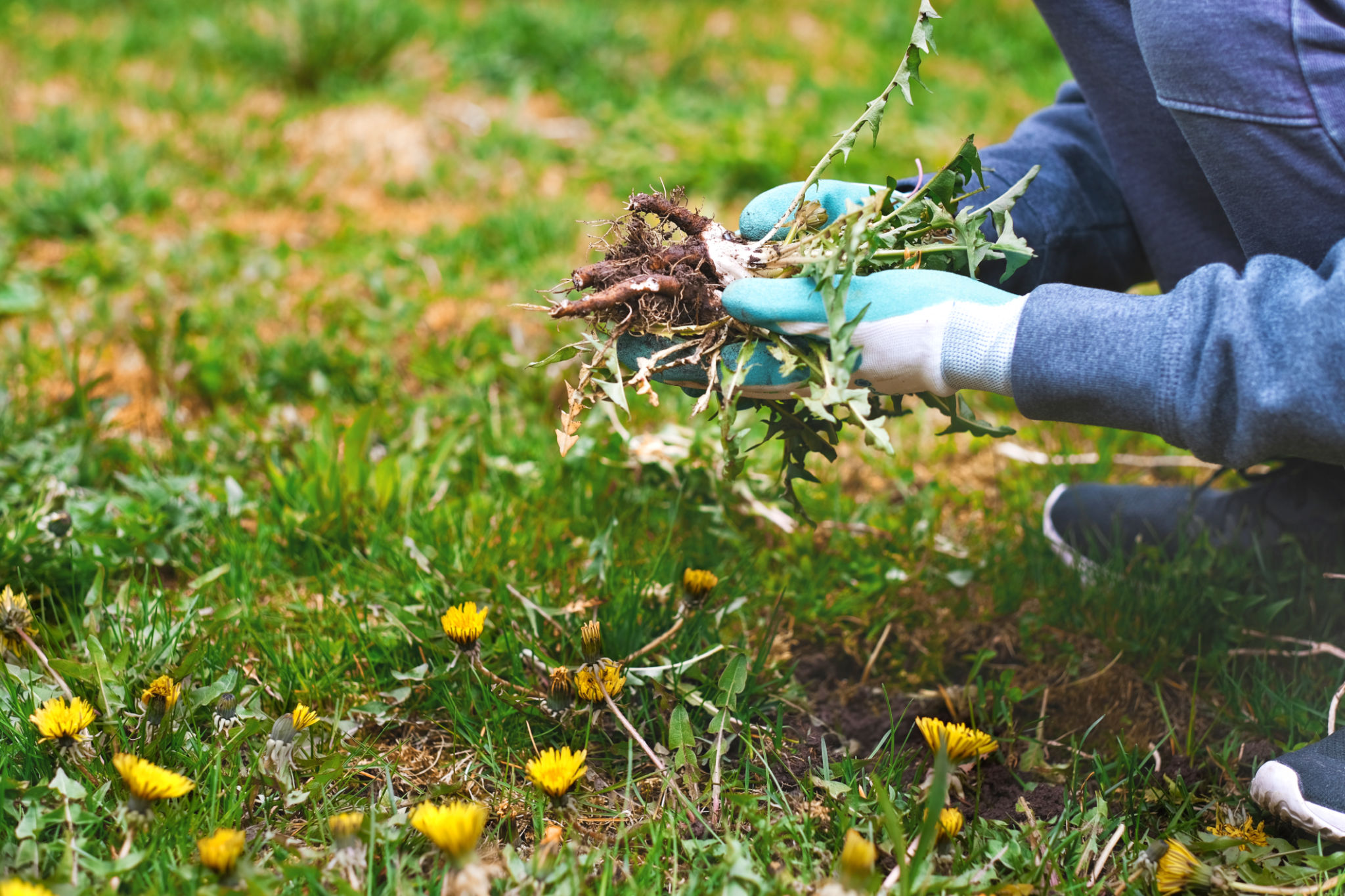Common Lawn Care Myths Debunked: What Every Castle Hayne Resident Should Know
Understanding Lawn Care Myths
For residents of Castle Hayne, maintaining a lush, green lawn can sometimes feel like a full-time job. With so much advice floating around, it's easy to fall for common lawn care myths that might lead to more harm than good. Let's dive into some popular myths and set the record straight.

Myth 1: Watering Daily is Essential
One of the most persistent myths is that you need to water your lawn every day for it to thrive. In reality, overwatering can drown your grass, leading to shallow root growth and increased susceptibility to disease. Instead, aim for deep, infrequent watering sessions that encourage deeper root systems. Typically, lawns need about 1 to 1.5 inches of water per week, including rainfall.
Myth 2: Grass Clippings Cause Thatch
Many homeowners believe that leaving grass clippings on the lawn contributes to thatch buildup. However, grass clippings are mostly water and decompose quickly, providing valuable nutrients back to the soil. Thatch is more often caused by improper mowing practices and over-fertilization. So next time you mow, consider leaving the clippings behind for a natural fertilizer boost.

Myth 3: Fertilize More for a Greener Lawn
Another misconception is that more fertilizer equals a greener lawn. While it's true that fertilization is important, excessive use can harm your grass, leading to nutrient imbalance and even burning the lawn. It's best to follow a balanced fertilization schedule specific to your lawn's needs, typically once in the spring and once in the fall.
Myth 4: All Weeds are Bad
While some weeds are indeed problematic, not all weeds are detrimental to your lawn's health. Clover, for example, can fix nitrogen in the soil, improving its fertility naturally. Identifying which weeds are truly harmful and which might actually benefit your lawn can help you manage them more effectively without resorting to excessive chemical treatments.

Myth 5: Cutting Grass Short is Better
It may seem efficient to mow your grass very short so you don't have to mow as frequently. However, cutting grass too short can stress it out, making it more vulnerable to pests and disease. It's recommended to follow the "one-third rule": never cut more than one-third of the grass blade height at a time. This promotes healthy growth and a thicker lawn.
Conclusion
Understanding these common lawn care myths can help Castle Hayne residents maintain healthier lawns with less effort and expense. By adopting practices based on facts rather than misconceptions, you can enjoy a vibrant lawn that enhances the beauty of your home.